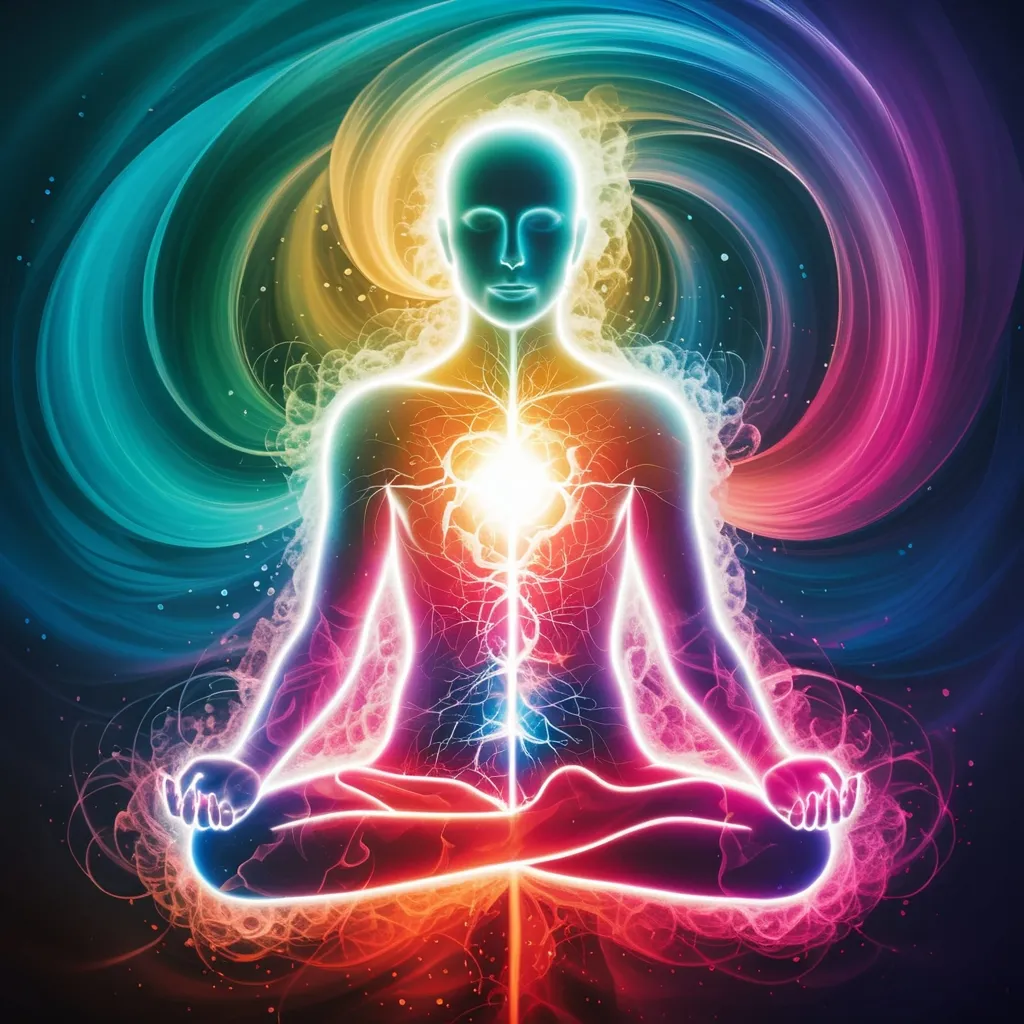The placebo effect—it’s like a magic trick your brain plays on your body, only this one has caught the serious attention of scientists and healthcare professionals everywhere. It’s this quirky phenomenon where your mind can actually influence your physical health, purely based on belief. And don’t be fooled; it’s not reserved for those labeled gullible. It’s about something much deeper—how belief, rituals, and expectations can impact our physical well-being.
Start by picturing this: a stressful day, a stubborn headache, and a trip to the doctor. When handed a pill, whether it’s some unpronounceable pharmaceutical or just a sugar-filled placebo, there’s often a sense of relief that starts to wash over you. Why? Because of trust and belief. The brain’s incredible chemistry goes into action, releasing endorphins and dopamine—the go-to neurotransmitters for pain relief and happiness. Suddenly, that headache starts to lose its grip. Your body began acting as if the treatment was quite real. So, belief is not just wishy-washy fluff; it’s got biological legs to stand on.
What’s more intriguing is the context in which these little magic tricks—placebos—manifest. The entire experience—the sterile waiting room, the medical jargon, even the routine checks—feeds into what our minds perceive as healing. Our brains, it turns out, are wired for rituals. Take Tibetan monks, for instance, showcasing mind-boggling control by drying wet sheets on their bare skin in freezing conditions by sheer meditation power. These activities highlight the human potential of mind over body. Mind Body Medicine champions like Herbert Benson have put a spotlight on how stress reduction through various mental techniques can aid in managing diseases, underscoring the mind’s role.
But how does it all actually work in that chunky biological hardware we call the brain? Neurobiologically speaking, it’s a network of brain regions coming alive with activity, often the ones linked to mood, emotion, and self-awareness. When placebo magic happens, these regions release natural opioids, acting like the body’s own morphine, leading to real pain relief.
This impact on pain isn’t just about belief; it’s also deeply entwined with what scientists call conditioning. Remember Pavlov and his dogs? Yeah, it’s kind of like that. Patients can be conditioned to respond to placebos. For instance, post-surgery patients at Harvard Medical School needed fewer opioids thanks to some crafty conditioning tricks. It’s essentially training the mind to expect a health-positive reaction, even when taking an inert substance.
Now, let’s talk about the flip side—enter the nocebo effect. This is where negative beliefs can ironically lead to negative health outcomes. It’s the other side of the belief coin. When a patient thinks a treatment is going to harm them, sometimes it can cause real harm or discomfort. This is a huge lesson for healthcare providers: words matter. The implications of what is communicated to a patient can significantly sway their physical response to treatments.
Which begs the question: how do we maintain ethical standards while leveraging the placebo effect? It’s a delicate balance. The key lies in enhancing the patient-provider relationship—building trust through solid communication, which subsequently bolsters the placebo effect and can lead to healthier outcomes. It’s particularly impactful in cases of mental health challenges like depression and anxiety, where belief and expectation play bigger roles than sometimes given credit for.
The real magic of the placebo effect extends beyond clinical confines. It’s woven into the fabrics of our daily lives. Engage in rituals like mindful eating, regular exercise, or a yoga routine. Not only does this amplify the physical benefits, but the emotional and cognitive support you provide yourself can be the placebo-like boost to your well-being. That self-care routine you practice? Yeah, it’s doing more than what meets the eye.
In modern medicine, the placebo effect sits at the heart of clinical trials. It’s a tool—one that helps researchers contrast the real deal from the placebo and spot the non-pharmacological magic. It’s no longer an indicator of failure in trials but rather a nod toward the mind’s mystical healing power.
Chances are, you’ve experienced it without even knowing. Think back to times when you took a multivitamin or supplement that promised wonders, and lo and behold, you began feeling spry and energetic. Even if the pill did zilch, your health might have actually improved, thanks to good ol’ belief.
Jumping forward into future research, there’s much on the horizon. Studies continue to unearth new nuances of how placebos operate, such as their efficacy even when patients are in on the secret—that what they’re taking is just a placebo. When expectations and rituals are still present, the magic continues. A fascinating study outlined in Science Translational Medicine found that informed patients still experienced significant pain relief. Cue the applause for the mind’s prowess.
So where does it leave us? The placebo effect is a living testament to the ongoing dance between mind and body. It pokes at our understanding of traditional healing and nudges us to reconsider the weight we put on psychological factors in physical health. Healthcare, when seasoned with a pinch of thoughtful placebo magic and mind-clarity, can offer a more holistic approach to treatment.
To wrap it up, the placebo effect is more than a medical curiosity—it’s a celebration of the body’s ability to tap into the right mindset and context for healing. Whether it’s the clinical efficacy observed in trials or little rituals of self-care in daily life, it teaches us about these untapped realms of health and wellness, informing the way toward better treatment outcomes and personal well-being. Through the placebo’s lens, the future of medicine seems not only promising but brimming with the power of belief.






